Advocating for Public Health through Safe Water
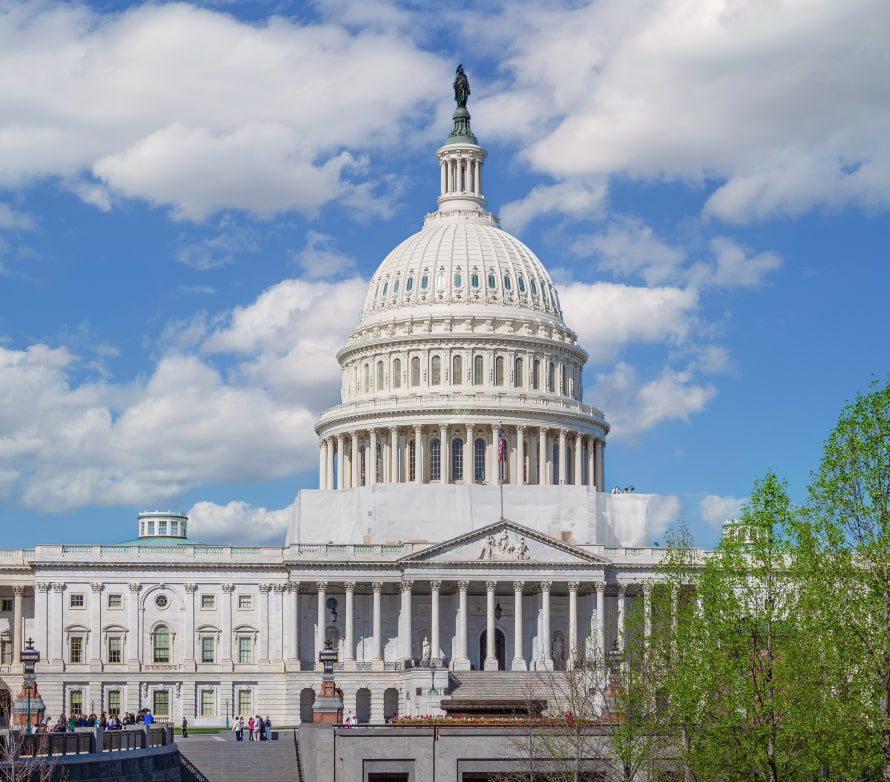

View our Press Room to contact AWWA Media Contacts.
The Press Room also has information about AWWA Subject Matter Experts (SMEs)
The Voice of Water in Washington, D.C.
AWWA advocates in furtherance of its 501(c)(3) mission on key federal, regulatory, legislative, and policy priorities.
AWWA supports positive change by helping elected leaders, regulators and other stakeholders make informed decisions about water management, quality and security. AWWA’s engagement leads to public policy that keeps consumers safe and water affordable and reliable.
Today, more than a century later the Water Utility Council is “the voice of water” on water policy.
AWWA delivers sector’s knowledge and expertise to inform national decision makers and through AWWA’s sections to state capitals.
AWWA’s quarterly Government Affairs Overview describes many aspects of the world of water in Washington, DC and beyond, and contains information about the following topics and more.
- Safe Drinking Water Act
- Clean Water Act
- Emergency Planning and Community Right-to Know Act
- Toxic Substance Control Act
Summer 2025 quarterly Government Affairs Overview
Advertisement
AWWA on Capitol Hill
AWWA supports positive change by helping elected leaders, regulators and other stakeholders make informed decisions about water management, quality and security. AWWA’s engagement leads to public policy that keeps consumers safe and water affordable and reliable.
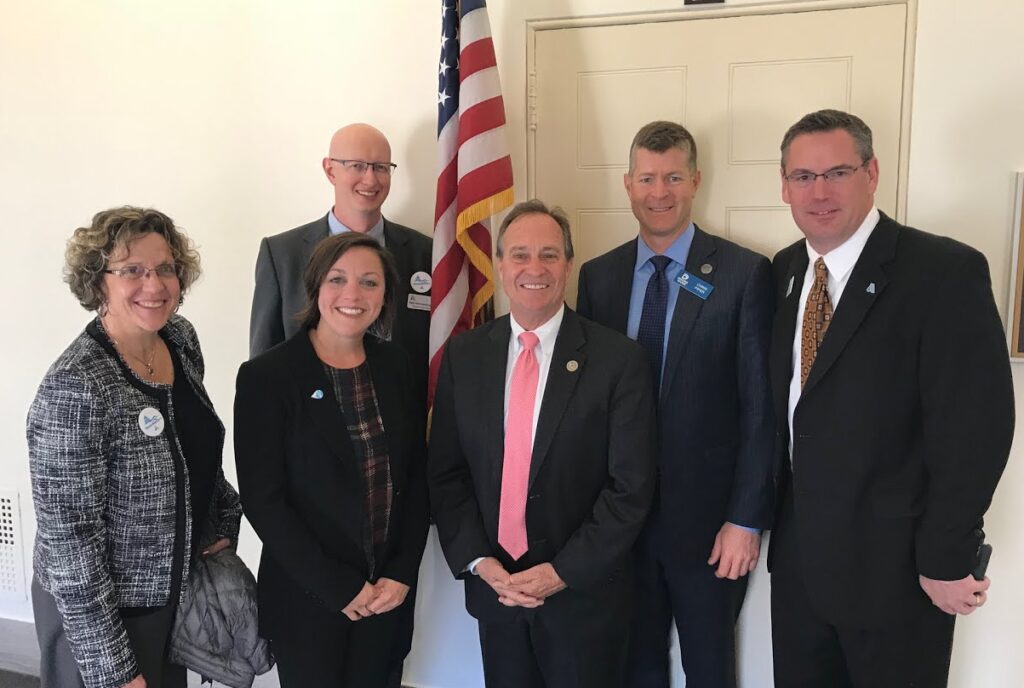
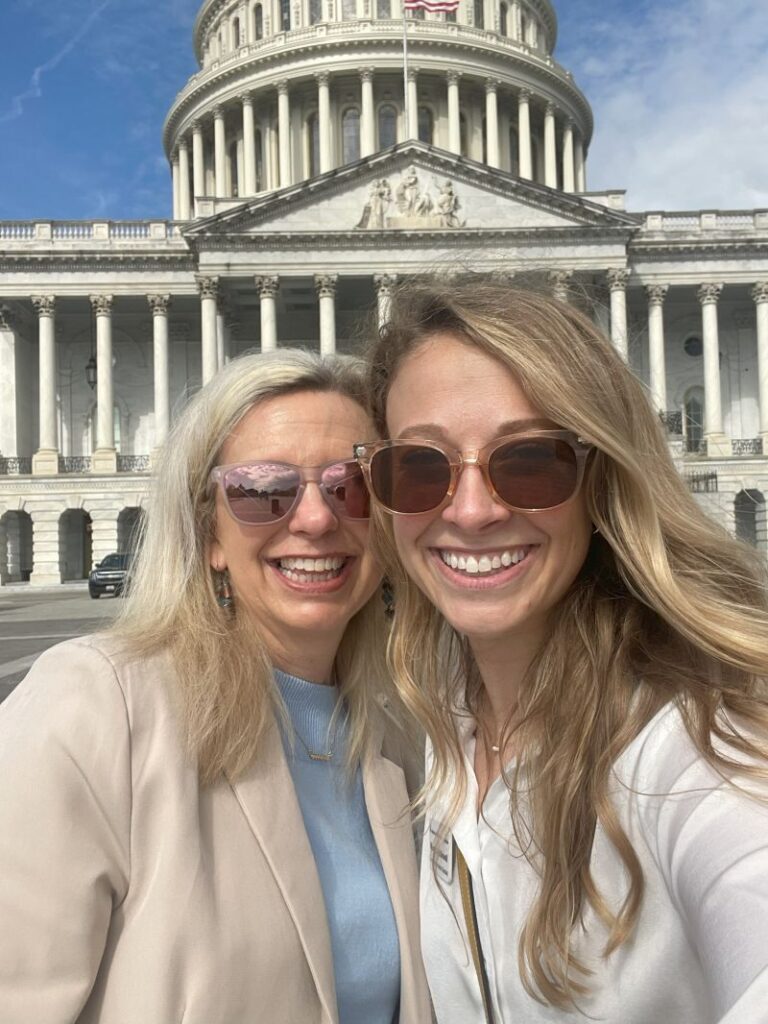
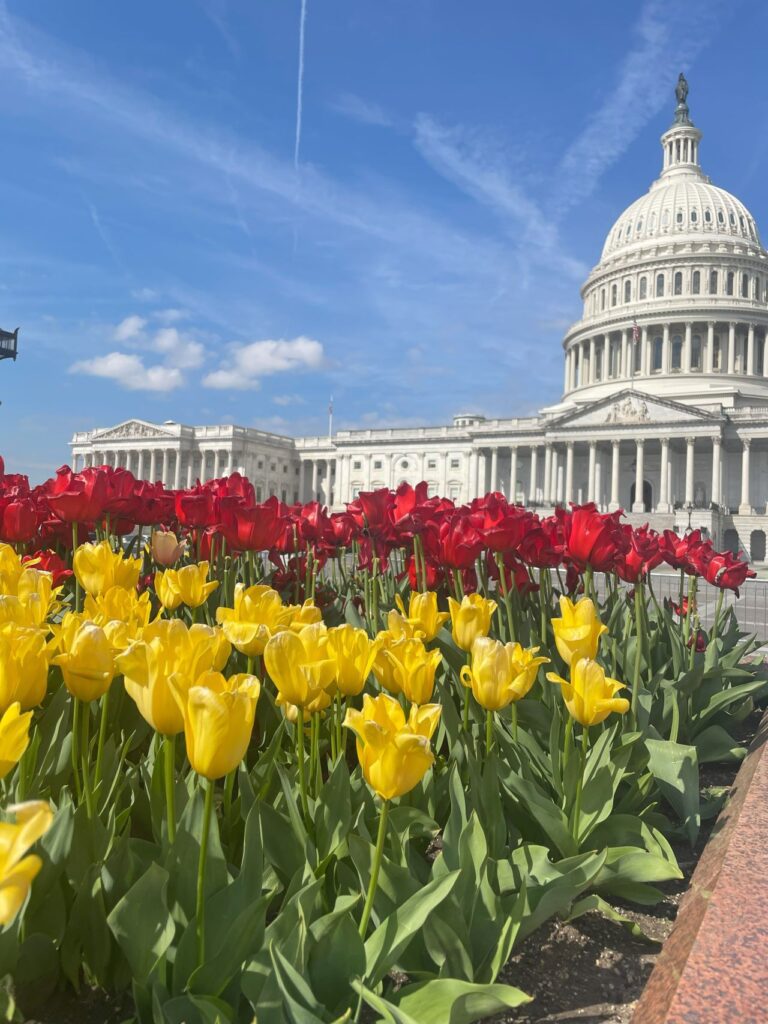
DC Fly-In
Every year, AWWA members from all 50 states converge on Washington, D.C., to meet with their members of Congress as part of the DC Fly-In. The Fly-In is an opportunity for water professionals to speak to decision makers in Congress about issues important to the water sector. The event also gives members of Congress the opportunity to hear directly from their constituents about issues that are top-of-mind in their district or state.
The 2026 AWWA Fly-In will be held in April in Washington, D.C. Please contact your Section Chair if you are interested in participating.
Legislative Priorities in the 118th U.S. Congress
PFAS
Reduce the introduction of PFAS into water by controlling it at the source and holding those responsible for contamination accountable while protecting passive receivers of PFAS.
Source Water Protection
Protect the nation’s water sources through both collaborative voluntary measures in the agriculture and forestry communities, as well as strategic use of the nation’s environmental laws for addressing other potential sources of contamination.
Cybersecurity
Secure the nation’s water systems through an effective co-regulatory model building off the successes in other sectors of the economy, and keeping known vulnerabilities private so they can be addressed instead of falling into the wrong hands.
Affordability
Help address water affordability while keeping systems sustainable through by building a permanent low-income water bill assistance program.

Advertisement
Advocacy Priorities
AWWA advocates in furtherance of its 501(c)(3) mission on key federal, regulatory, legislative, and policy priorities.
Among these priorities are:
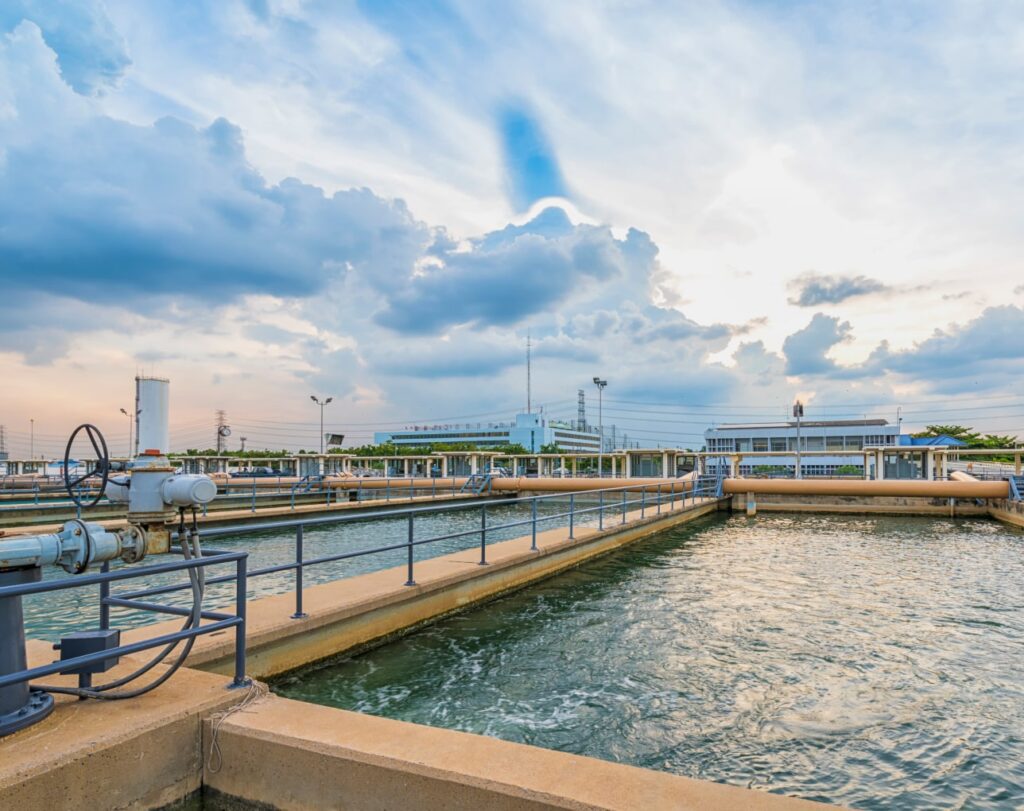
Infrastructure Funding
Water service contributes to nearly every aspect of our lives, from public health to productivity and economic development. Much of the infrastructure that supports our water is aging and in need of repair or replacement. Major infrastructure projects typically require more money than local utilities have on hand. For this reason, AWWA advocates for infrastructure funding and finance mechanisms including but not limited to the state revolving loan fund (SRF) and the Water Infrastructure Finance and Innovation Act (WIFIA).

Resilient & Secure Water Systems
As stewards of public health and the environment, water professionals have always been aware of the risks associated with securing reservoirs and wells to protect the water supply, guarding materials at their facilities from theft and sabotage, and planning for routine and extraordinary events. The water sector has embraced an all-hazards approach to security and emergency preparedness that mirrors the multibarrier approach for water treatment. AWWA advocates for policies that advance physical and cybersecurity in effective ways while securing information about potential vulnerabilities.
Managing Lead in Drinking Water
Lead and copper enter drinking water mainly from corrosion of plumbing materials containing lead and copper. While use of lead in new plumbing materials has been banned for more than a quarter century, the release of lead into drinking water from existing materials remains a serious concern. AWWA advocates for policies to “get the lead out” in a way that is achievable and sustainable.
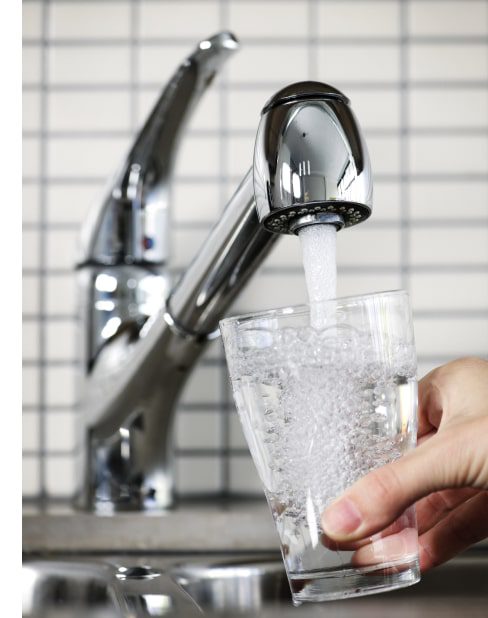


Supporting Source Water Protection
Protecting sources of drinking water is an effective way to reduce risks to public health, instill customer confidence, and control water treatment costs. Addressing water quality concerns at the source also has many other environmental and societal benefits that aren’t seen from treatment alone. AWWA advocates for both voluntary measures (such as those instituted through the Farm Bill) as well as strategic use of environmental laws to protect sources of drinking water.
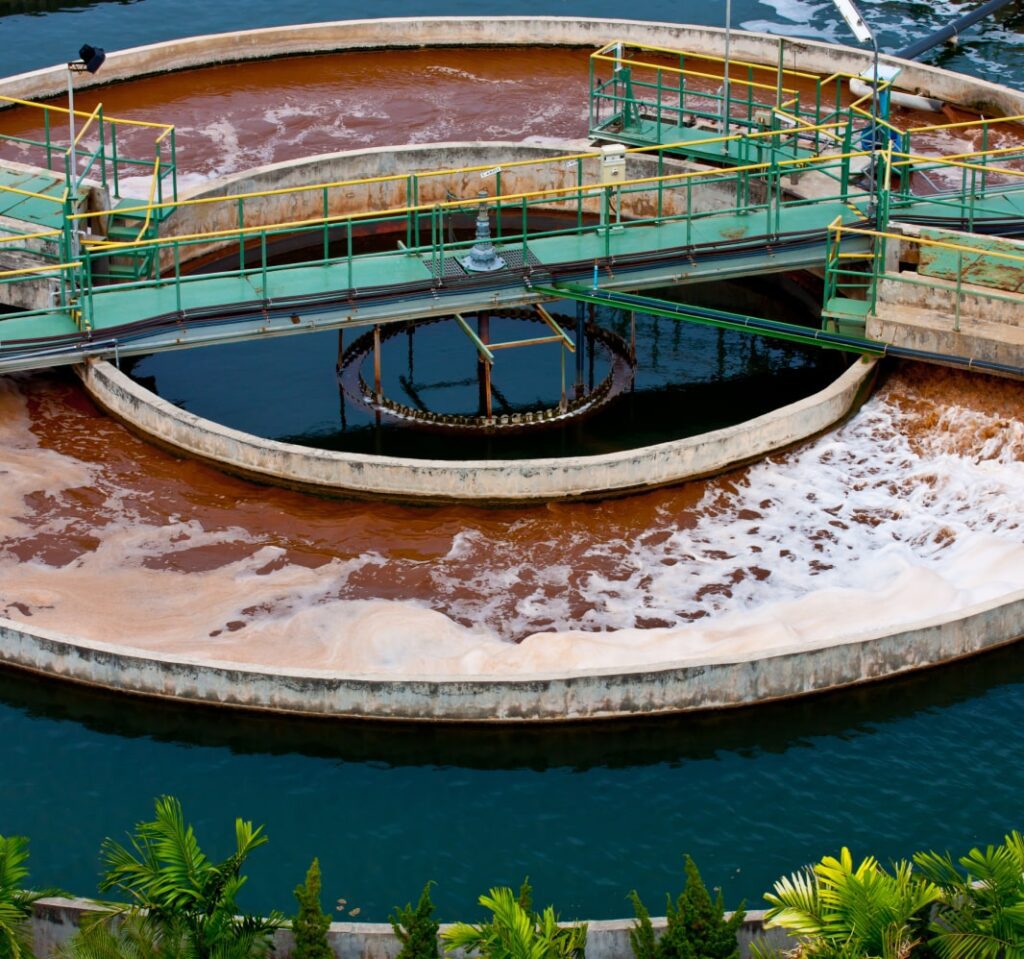
Building Sustainable Water Systems
As regulatory burdens, operational costs, and customer expectations continue to rise, maintaining affordable rates is a challenge for utilities across the nation. Water system partnerships can address a range of challenges, from water supply shortages to aging infrastructure to affordability and financial insecurity. AWWA advocates for low-income assistance as well as voluntary measures to help systems form partnerships and regionalize when they wish to.

Science-Based and Cost-Effective Regulations
The 1996 Amendments the Safe Drinking Water Act, more clearly than any other environmental law, set the stage for cost-effective regulations based on the best available science. AWWA advocates for regulations and a regulatory process that is scientifically sound and appropriately balances all relevant factors.


Advertisement
